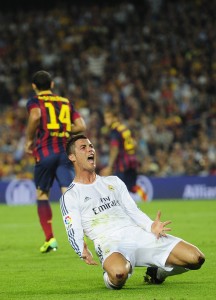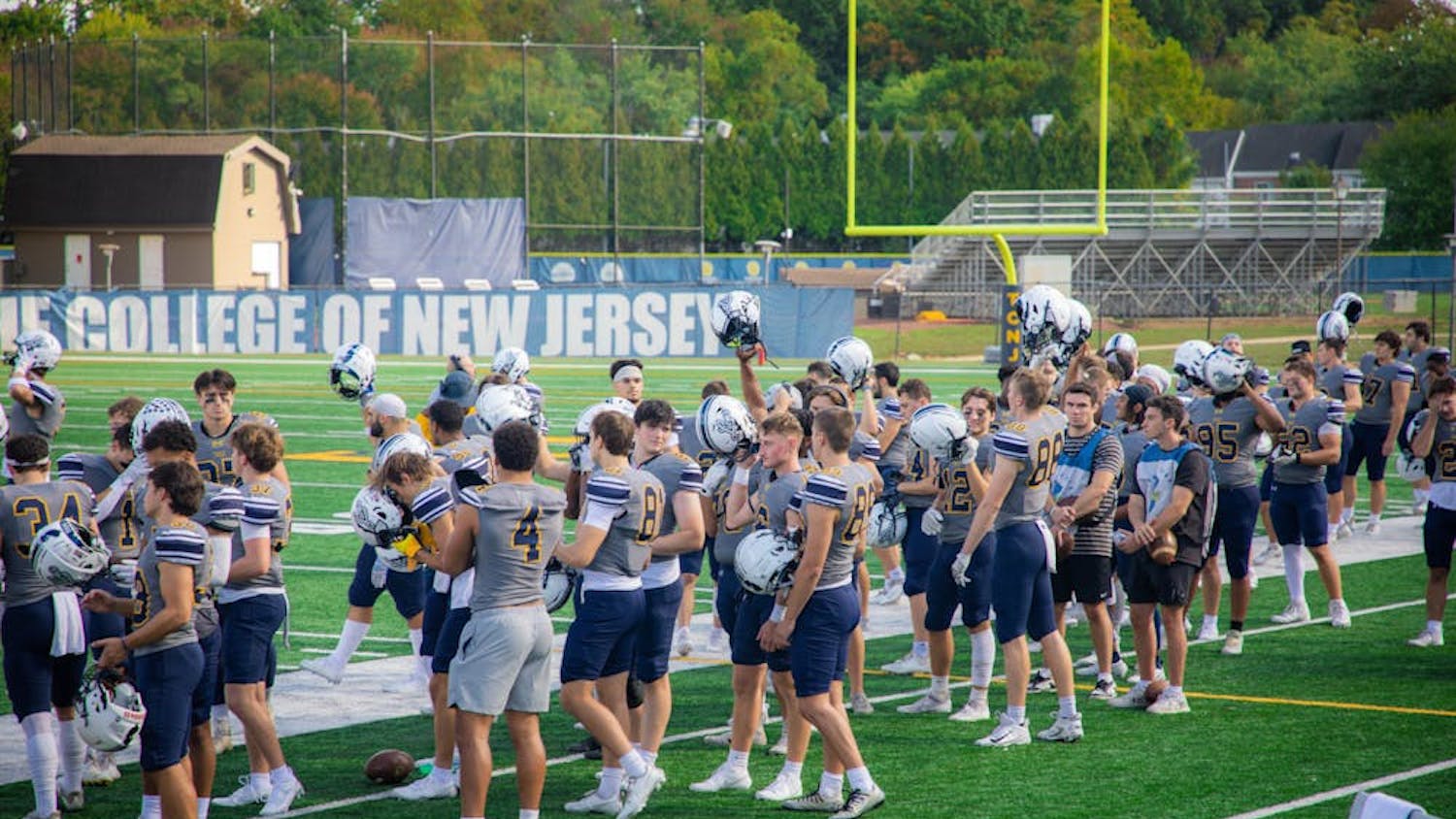By George Tatoris
Staff Writer

On Sunday, March 22, Alcalá de Henares, a medium-sized city situated in the community of Madrid, was unusually desolate at 8:50 p.m. The few people on the sidewalks seemed to be in a rush — the kind of rush during which someone looks for shelter after a sudden tornado warning in, checking the windows of every bar they passed, each one fuller than the last. The only people that could be heard were sitting on patios speaking in a hushed, nervous chatter, their eyes glued to a flat screen television that faced outside. It was the night of El Clásico. And this was the calm before the storm.
While the game went on, the streets were empty except for crowds of two or three people huddled outside bars, peeping at the game through the window. Only the distant echo of cheers on television sets could be heard on the streets.
To understand why a sports rivalry can render a bustling city like Alcalá, a ghost town, one must first look at the history of Spain. Don’t worry, I’ll make this brief. In fact, I won’t even start from the beginning.
Barcelona, a part of the culturally distinct Catalonia, and Madrid, where the royal crown resides, have always had a spotty history with each other, and things escalated with the War of Spanish Succession. What happened was, the king of Spain died without an heir, and a fight broke out over which family would get control of the kingdom: the Hapsburgs or the Bourbons.
Madrid supported the Bourbons and Catalonia supported the Hapsburgs. The Hapsburgs lost and the royal family in Madrid decided to punish Barcelona for betraying them by stripping them of almost all of their independence.
Thus began the hate-hate relationship between Madrid and Barcelona, and what a relationship it’s become. Even now Catalonians want sovereignty from Spain. Just last year the territory held an illegal referendum (which FC Barcelona supported) on the issue. Gives the common Barça chant “Independencia!” a whole new meaning, no?
Now, I’m not saying that Real Madrid fans want to rob Barça fans of their independence or Barça fans want to assassinate Spanish royalty in the name of their respective teams. What I am saying is that El Clásico is just one piece of the complicated puzzle that is Spain — a country so small that things like soccer, politics and history end up fumbling over one another like one massive game of Twister.
El Clásico is not just a sports rivalry. It isn’t a Yankees vs. Red Sox type of deal. It’s something that could only have come from Spain.







